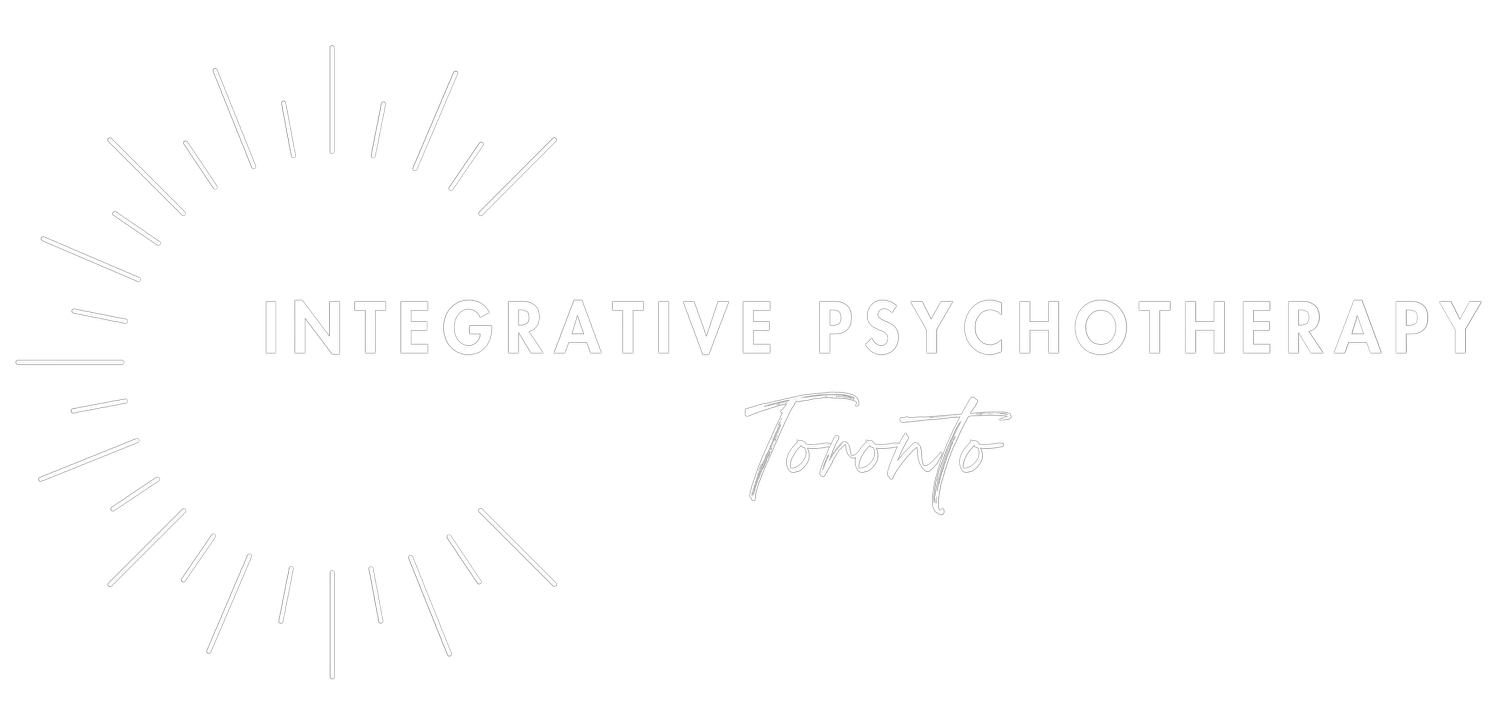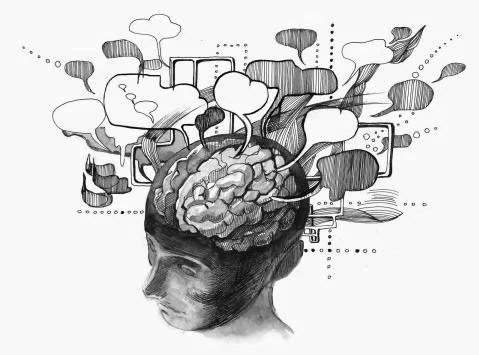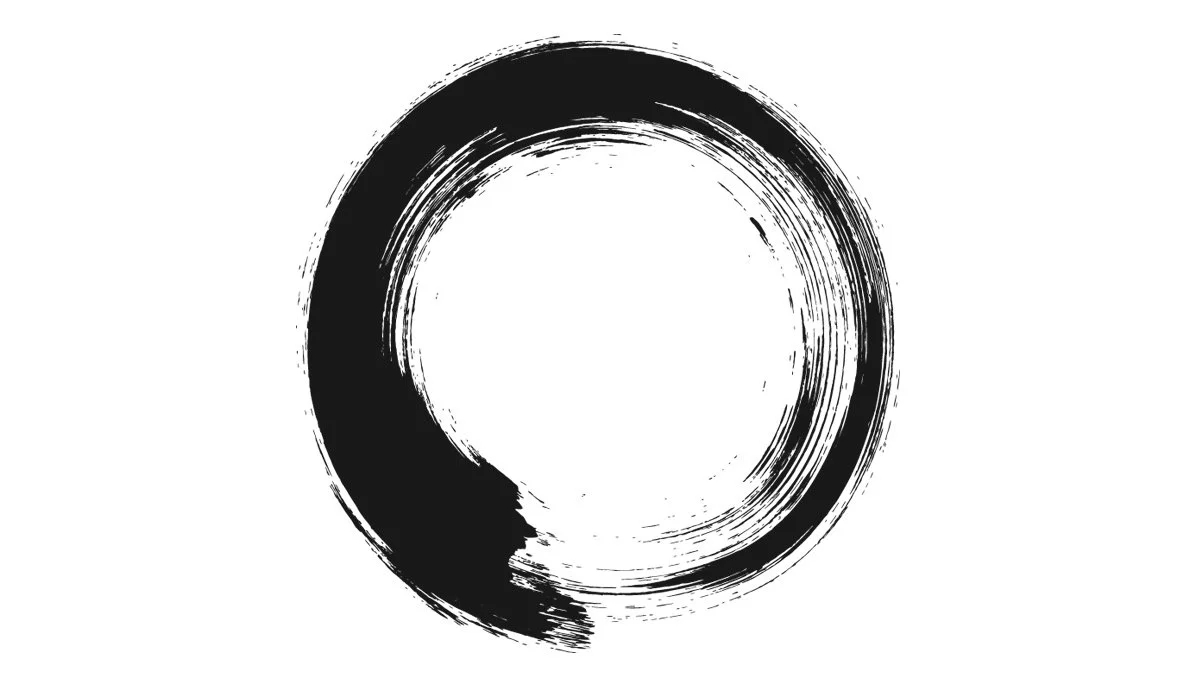Implicit memory governs much of our behaviour. Such memories are like unconscious mental software packages - they quickly compare present events to past experiences, make assessments and predictions about the current situation, and initiate the appropriate reaction. And while for the most part, this is very adaptive, it comes at a cost.
Shorts: The Window of Tolerance
What makes something traumatic for one person and mildly disturbing for another? Why does the idea of public speaking leave one person exhilarated and another paralyzed with panic? Our nervous system has an ideal climate; a Goldilocks zone in which it operates best. This zone is called the Window of Tolerance, and where we are in relation to it has tremendous impacts on our mood, emotional state, and mental capacity.
The T Word
In the realm of mental health, the word “trauma” can invoke a lot of different ideas and associations. There tends to be a general consensus around what is sometime referred to as “Big T” trauma, while there is somewhat less agreement in the realm of “small t” trauma. The difficulty with categorization provides a clue as to how the premise of the question might be flawed.
The Safe & Sound Protocol
Buddhist Psychology & Contemplative Care
Deep Brain Reorienting
Shock is a physiological and neurochemical process that is always present at the “moment of impact” of trauma or emotional wounding. Unfortunately, it is notoriously difficult to treat, and often acts as a barrier to healing. When the shock of trauma, loss or deep emotional pain is untreated, the injury is unable to heal and the experience remains unprocessed.
Relational Psychotherapy
Attachment is a biological imperative. As mammals, connection is not a ‘nice to have,’ it’s survival. A lone wolf is a sick wolf. We need each other, which is why acceptance and belonging are among our most basic needs.
We are formed in and through our connections, and we heal in and are transformed by our connections.
Relational psychotherapy is rooted in psychodynamics, attachment theory, object-relations theory and the principles of human development. Understanding that our behavioural patterns, personality, and identity are developed and shaped by early experiences, relational psychotherapy brings to light the implicit memories and unconscious processes from the past that are influencing the present.
Mindfulness
Mindfulness is the capacity to be present for this life - to be with the fullness of the human experience, with all its pleasure and pain, gain and loss, love and heartache.
Mindfulness is the gateway through which we can truly experience our life and everything it means to be in this human condition.
It is through mindfulness that we come fully and wholly into ourselves and our experience.
It is in Wholeness that we are at ease, and it is in fragmentation that all suffering lives. Such fragmentation occurs because the totality was too much; too overwhelming, too painful, too threatening. Disconnection from that which is too much protects us. And it divides us.
Somatic Psychotherapy
One of the pervasive myths in the fields of human experience is the division of mind and body. While this dualistic framework has been deeply entrenched in Western conceptualizations of the psyche, this is another case of reductionistic frameworks gone awry. Modern neuroscience is once again confirming what would have been intuitive to our ancestors; that the mind and body is indivisible. They co-occur in relationship with each other.
The mind is embodied. ‘Muscle memory’ isn’t limited to things like how to walk or write. Our histories are written into our physical being, and our physical coauthors our histories. Biography becomes physiology, and physiology becomes biography.
Internal Family Systems
We all have different "parts" of ourselves. We all know this intuitively. If we didn’t have different parts, we could never be in conflict with ourselves. No one would ever have failed at a diet, because there would only be one self, and that self wanted to be healthy. No one would ever procrastinate, because there would only be one self, and that self wanted to get stuff done. But of course we know that’s not true. Some part of me wants to be healthy, and some part wants to live on cookies and ice cream. Some part of me wants to get things done, and some part wants to binge watch my favourite show.
















